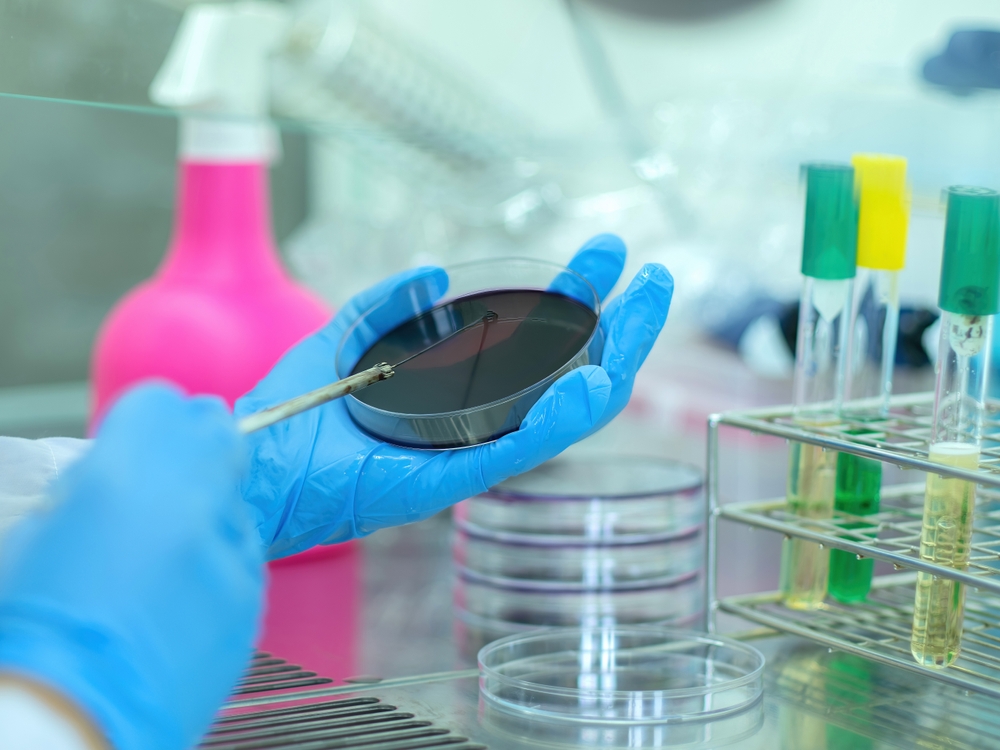As the threat of antibiotic resistance increases around the world, GSK and the Fleming Initiative have announced six research programs aimed at halting the rise in drug-resistant infections.
Combining advanced AI, cutting-edge laboratory science, and international collaboration, these “grand challenges” aim to develop new treatments, improve prescribing practices, and strengthen global strategies against antimicrobial resistance (AMR).
The move comes at a critical time, with recent WHO data showing that one in six bacterial infections is resistant to currently available antibiotics, and deaths are expected to skyrocket over the next 30 years unless urgent action is taken.
Growing global crisis
The urgency of this effort is underlined by the latest WHO GLASS report, which highlights the deteriorating global situation.
If this trend continues, the number of AMR-related deaths could jump 74.5% from 4.71 million in 2021 to an estimated 8.22 million in 2050.
Experts warn that the world faces a critical need for innovation in drug discovery, clinical practice, and public health policy to prevent this impending public health crisis.
Fleming Initiative: A Global Collaboration
The Fleming Initiative, founded by Imperial College London and Imperial College Healthcare NHS Trust, brings together scientists, policy makers, clinicians and commercial partners to tackle AMR globally.
GSK became the first founding partner of the initiative in 2024, pledging £45m of funding to support groundbreaking research and solutions.
The Grand Challenge is the first major outcome of this collaboration and will deliver a fully funded three-year program focused on six priority areas:
Discovering new antibiotics against Gram-negative bacteria Accelerating the treatment of fungal infections Understanding the immune response to drug-resistant pathogens Using AI to predict the emergence and spread of resistance Optimizing antibiotic prescribing through clinical trials Informing policy and engaging the public to incorporate preventive interventions
Initiatives against Gram-negative bacteria
One of the most pressing scientific hurdles in the fight against antibiotic resistance is the challenge of Gram-negative bacteria such as Escherichia coli and Klebsiella pneumoniae.
These pathogens have sophisticated cell envelope defenses and efflux pumps that prevent antibiotic accumulation, making infections particularly difficult to treat.
To combat this threat, Imperial’s drug discovery hub will partner with GSK and Agilent Technologies. Using AI and advanced automation, scientists generate new datasets and molecular models to design antibiotics that can evade bacterial defenses.
Importantly, all resulting AI models and data will be shared globally to accelerate the development of next-generation antimicrobial therapies.
Dealing with fungal infections
Fungal pathogens, particularly Aspergillus, are also of increasing concern, causing approximately 2 million infections annually and with a mortality rate of over 46% in high-risk ICU patients.
Existing treatments are limited to four drugs and often target the same cellular site, leaving patients vulnerable to antifungal resistance.
A new Grand Challenge uses AI to pinpoint unique fungal vulnerabilities, paving the way for innovative medicines that save thousands of lives every year.
Understanding the human immune response
Vaccines against drug-resistant bacteria such as Staphylococcus aureus have historically failed due to gaps in our understanding of the human immune response. This pathogen alone kills more than 1 million people a year.
The Fleming Initiative will recreate surgical site infections under controlled conditions and study how the immune system responds to Staphylococcus aureus.
Insights from this research are expected to guide the development of more effective vaccines and immunotherapies, providing new lines of defense against antibiotic resistance.
Strengthening global research and policy
Beyond drug discovery, Grand Challenge leverages disease surveillance and environmental data to create predictive AI models of pathogen spread.
In parallel, innovative clinical trials will explore how to best prescribe antibiotics, and research findings will inform global policy and public engagement strategies.
The program will fund around 50 interdisciplinary roles at Imperial College London, addressing the critical staffing shortage in AMR research highlighted in the 2024 AMR Industry Alliance report ‘Leaving the Lab’.
This initiative aims to accelerate long-term progress against AMR by training and deploying experts across science, clinical practice, and policy.
A timely call to action
The launch of the Grand Challenge coincides with World AMR Awareness Week and the 80th anniversary of the Nobel Prize for penicillin, the world’s first broad-spectrum antibiotic.
This announcement, which comes on the heels of the WHO GLASS report, serves as an important wake-up call to the scientific community and highlights the urgent need for concerted global action to curb the rise in antibiotic resistance.
With fully-funded programs, advanced AI tools, and a global network of experts, the GSK and Fleming partnership is at the forefront of the fight against one of the most significant public health threats of the 21st century.
Source link

